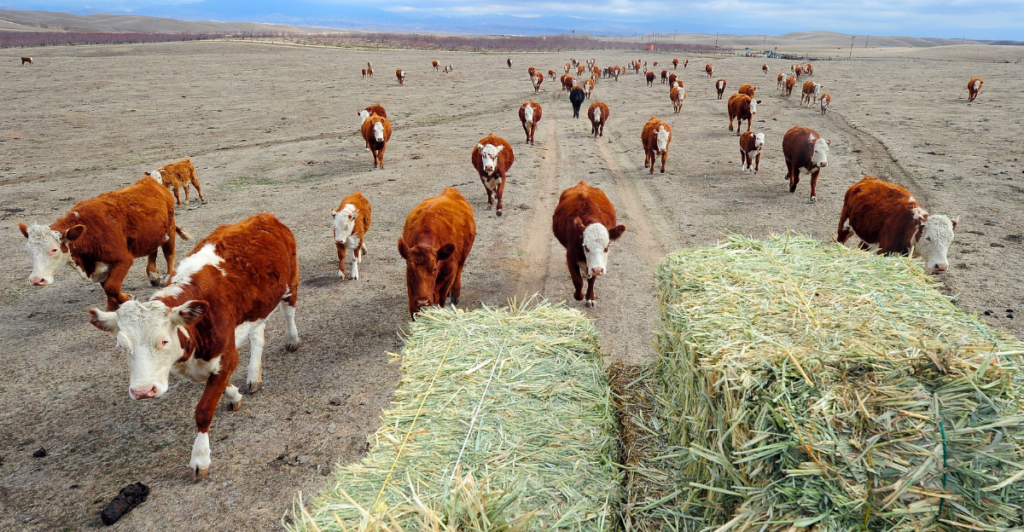
For years, people have debated cows’ role in the environment. Cows are often criticized for contributing to greenhouse gas emissions and environmental degradation. However, when they are managed properly, they can play a positive role in maintaining ecosystems and mitigating climate change.
Greenhouse Gas Emissions
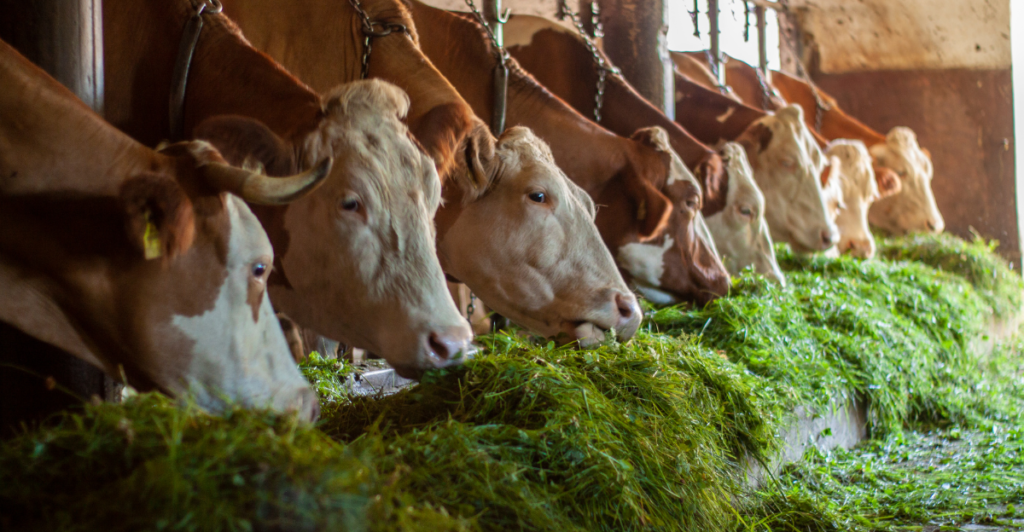
It is no secret that cows contribute significantly to greenhouse gas emissions through methane, which they produce during digestion. Apparently, a single cow can emit up to 264 pounds of methane per year. This is 28 times more potent than carbon dioxide over the span of 100 years. Cattle farming is a major source of global methane emissions.
Land Use And Deforestation
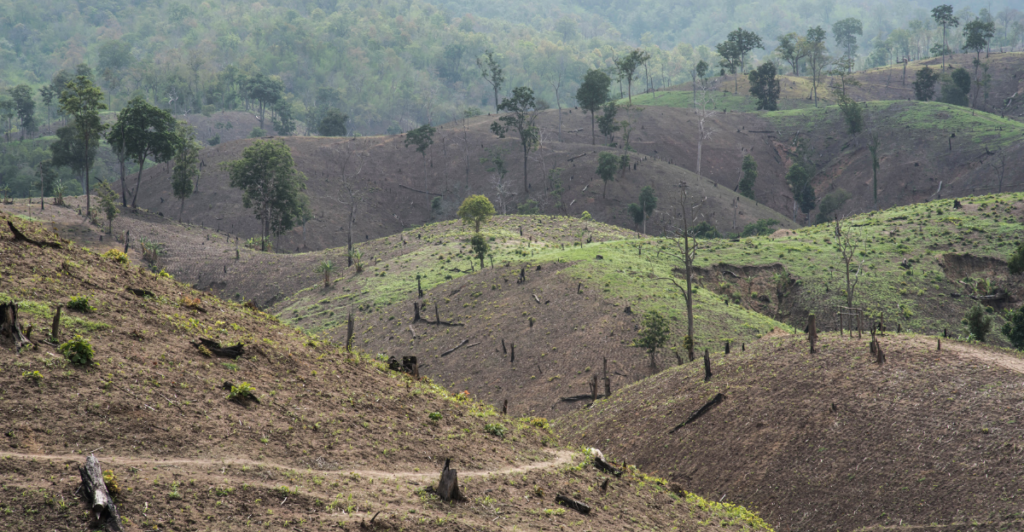
The expansion of cattle farming is a major cause of deforestation, as large stretches of forest are being cleared to create grazing lands and to grow feed crops. Not only does this lead to habitat loss, but it also worsens climate change by reducing carbon sinks. The impact is immense, with millions of hectares of forest being transformed into pastureland each year.
Water Pollution And Soil Degradation
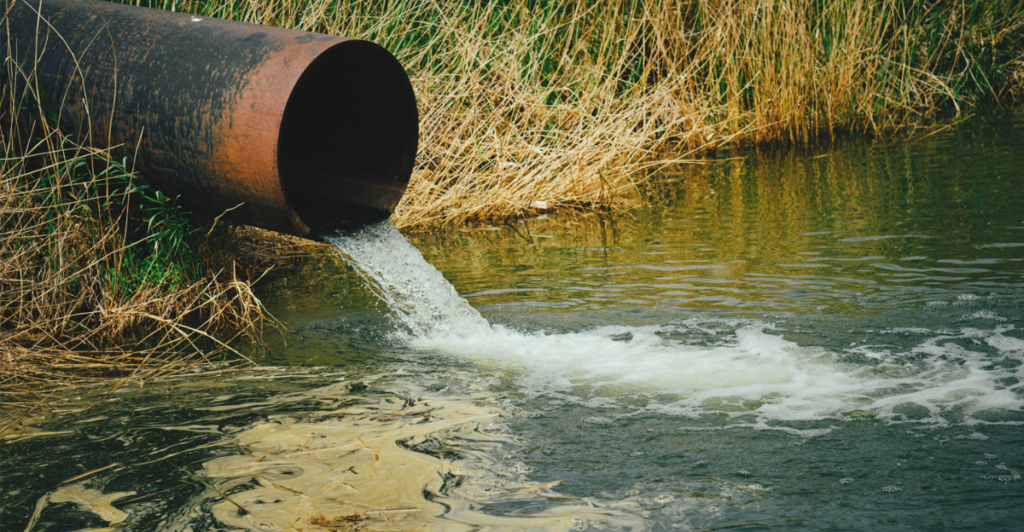
Unfortunately, cattle farming has also been linked to water pollution because of nutrient runoff from manure and fertilizers. This can lead to eutrophication and harm aquatic ecosystems. On top of that, overgrazing can cause soil erosion, which reduces soil fertility and increses the risk of desertification.
Industrial Pollution from Beef Production
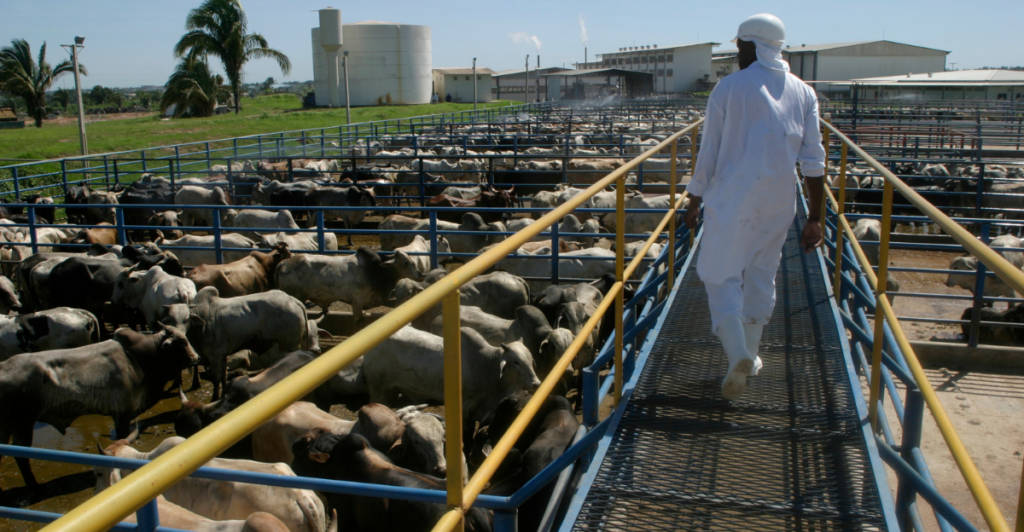
The beef industry also contributes to industrial pollution through slaughterhouse waste and tannery effluents. These contain heavy metals and caustic chemicals that can severely pollute bodies of water if they are not properly treated.
The Positive Role of Cows in Ecosystems
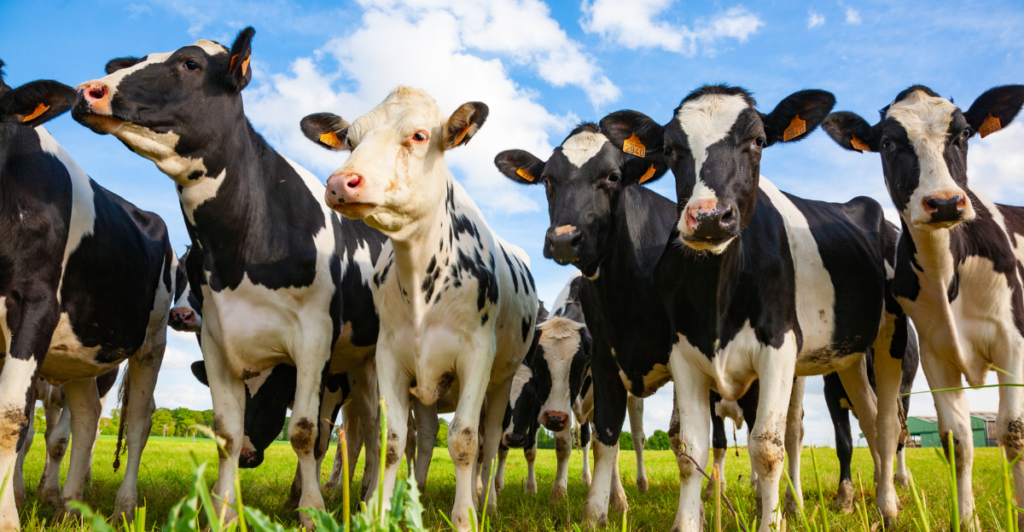
However, despite all these challenges, cows also have a positive impact on the environment as long as they are managed regeneratively. Grazing can improve biodiversity by preventing any single plant species from dominating pastures, thus supporting a diverse plant community. This can also create habitats for all kinds of wildlife species.
Carbon Sequestration and Soil Health
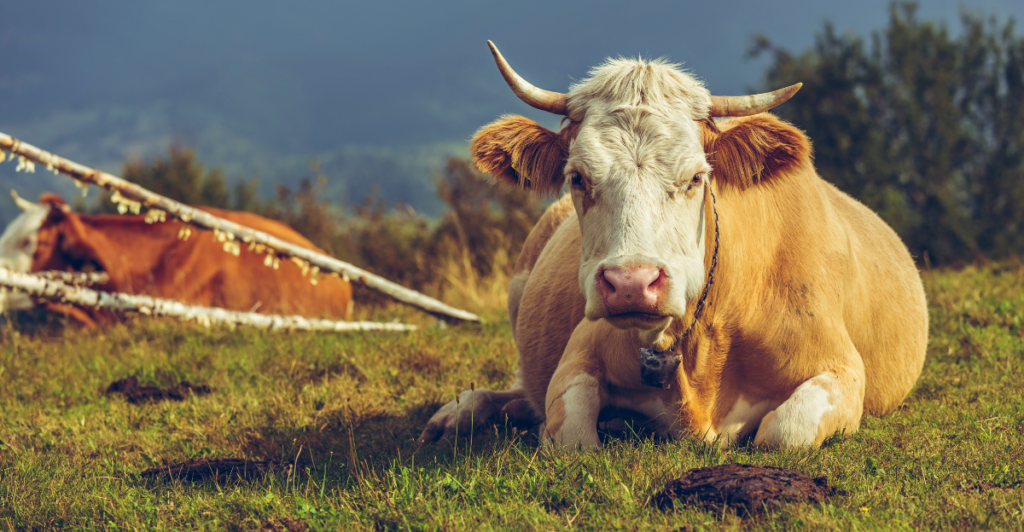
When pastures are well-managed, they can also act as carbon sinks, sequestering carbon dioxide through the growth of grasses and other plants. On top of that, well-managed cow manure enriches soil and improves its structure and fertility, which helps retain moisture and reduce erosion.
Nutrient Cycling and Agroecosystems
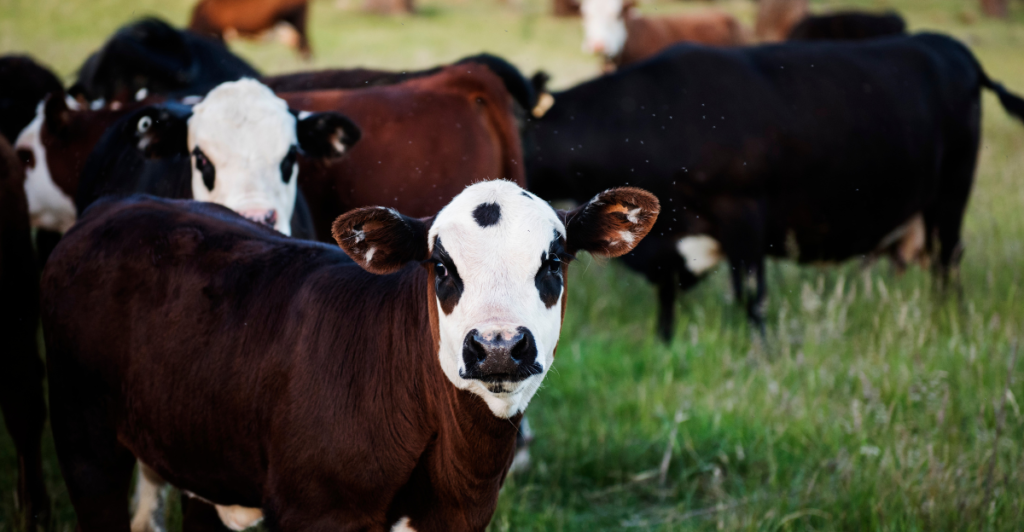
Cows also play a very important role in nutrient cycling by breaking down plant material and producing manure that is rich in essential nutrients. This natural fertilizer supports soil fertility and causes healthier plant growth, which benefits integrated farming systems.
Sustainable Livestock Practices
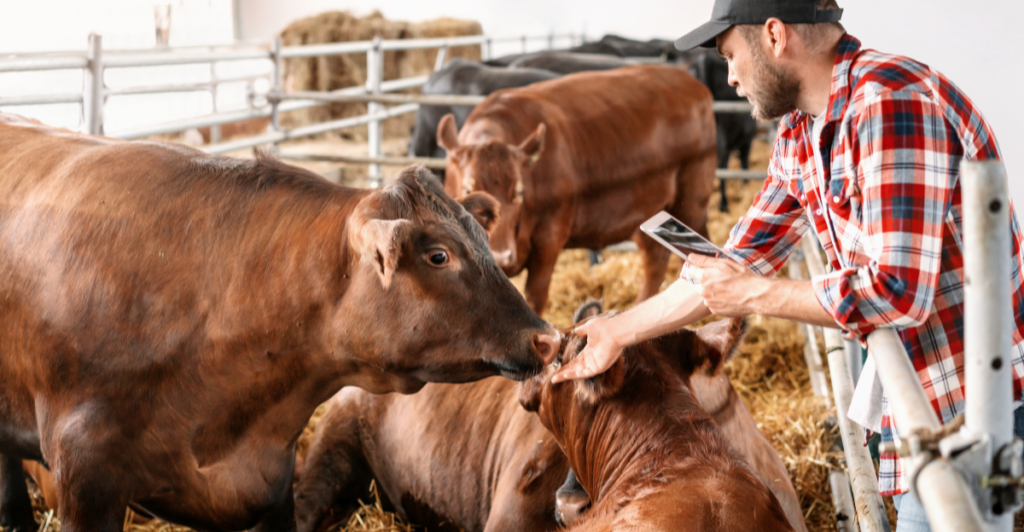
Currently, farmers are trying out some practices to reduce methane emissions and enhance environmental sustainability. For example, regenerative agriculture and better land management can cut emissions by 30 to 50 percent. Additionally, using livestock manure as organic fertilizer can reduce the need for synthetic fertilizers.
Challenges and Opportunities
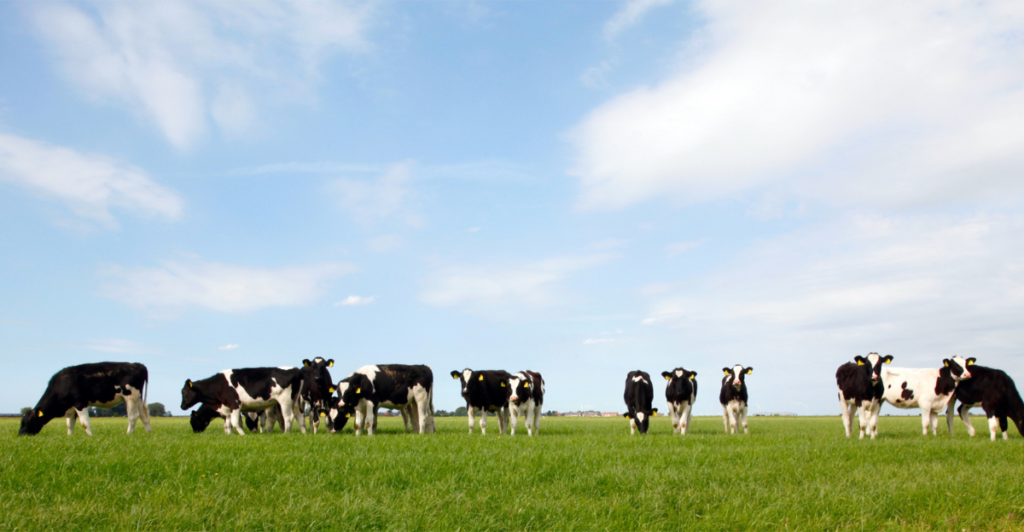
While cows are able to contribute positively to the environment, there are also significant challenges. While the global demand for beef continues to rise, it leads to increased pressure on land and resources. Balancing this demand with sustainable practices is very important.
Environmentally Friendly Practices
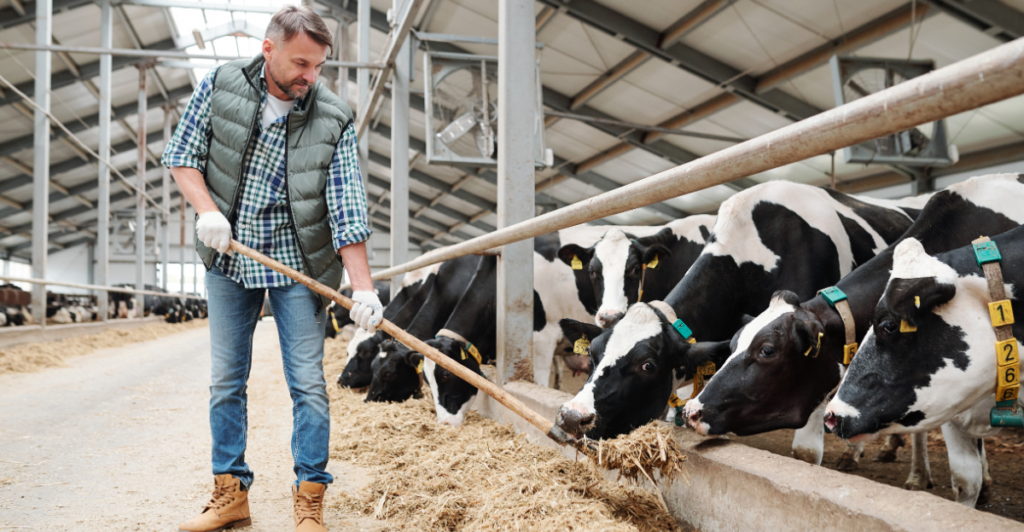
Policy changes and consumer choices can influence the sustainability of cattle farming. Governments can incentivize regenerative practices, while consumers can opt for sustainably sourced beef products. This can shift the industry towards more environmentally friendly practices.
The Future Of Cattle Farming
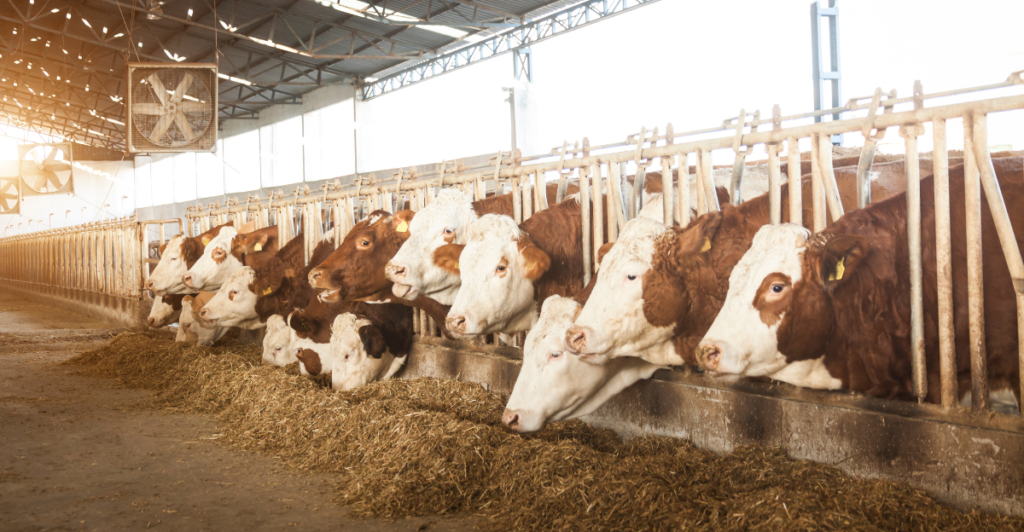
The future of cattle farming relies on implementing sustainable methods that minimize environmental impacts while meeting global food demands. This includes improving livestock productivity, reducing waste, and encouraging regenerative agriculture to sustain long-term ecosystem health.
All About Management
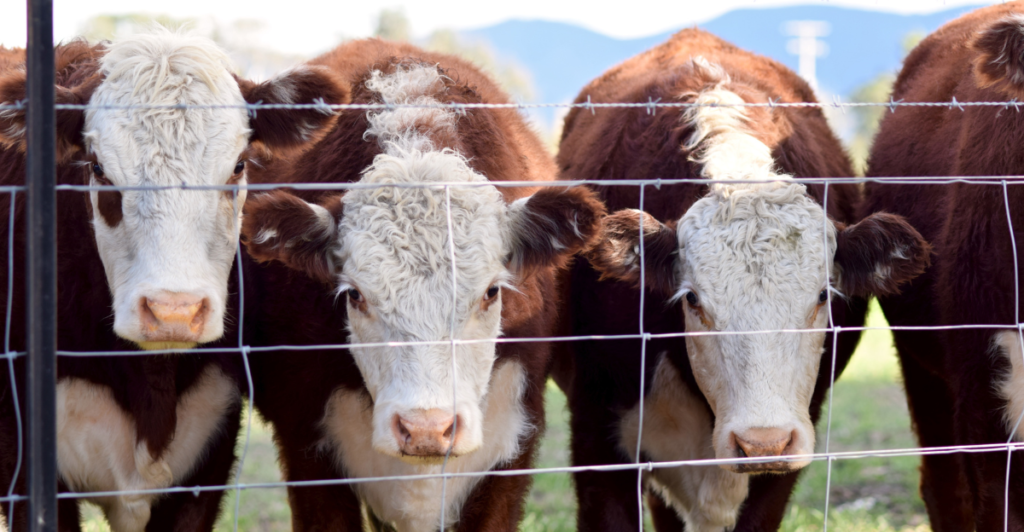
In the end, it is clear that cows harm and help the planet, depending on how they are managed. While they contribute significantly to greenhouse gas emissions and environmental degradation, they also enhance biodiversity, improve soil health, and sequester carbon when they are raised sustainably.
Explore more of our trending stories and hit Follow to keep them coming to your feed!

Don’t miss out on more stories like this! Hit the Follow button at the top of this article to stay updated with the latest news. Share your thoughts in the comments—we’d love to hear from you!







